Comments and Issues
The unfolding drama in Senator Dino Melaye’s case
Published
8 years agoon
By
Olu Emmanuel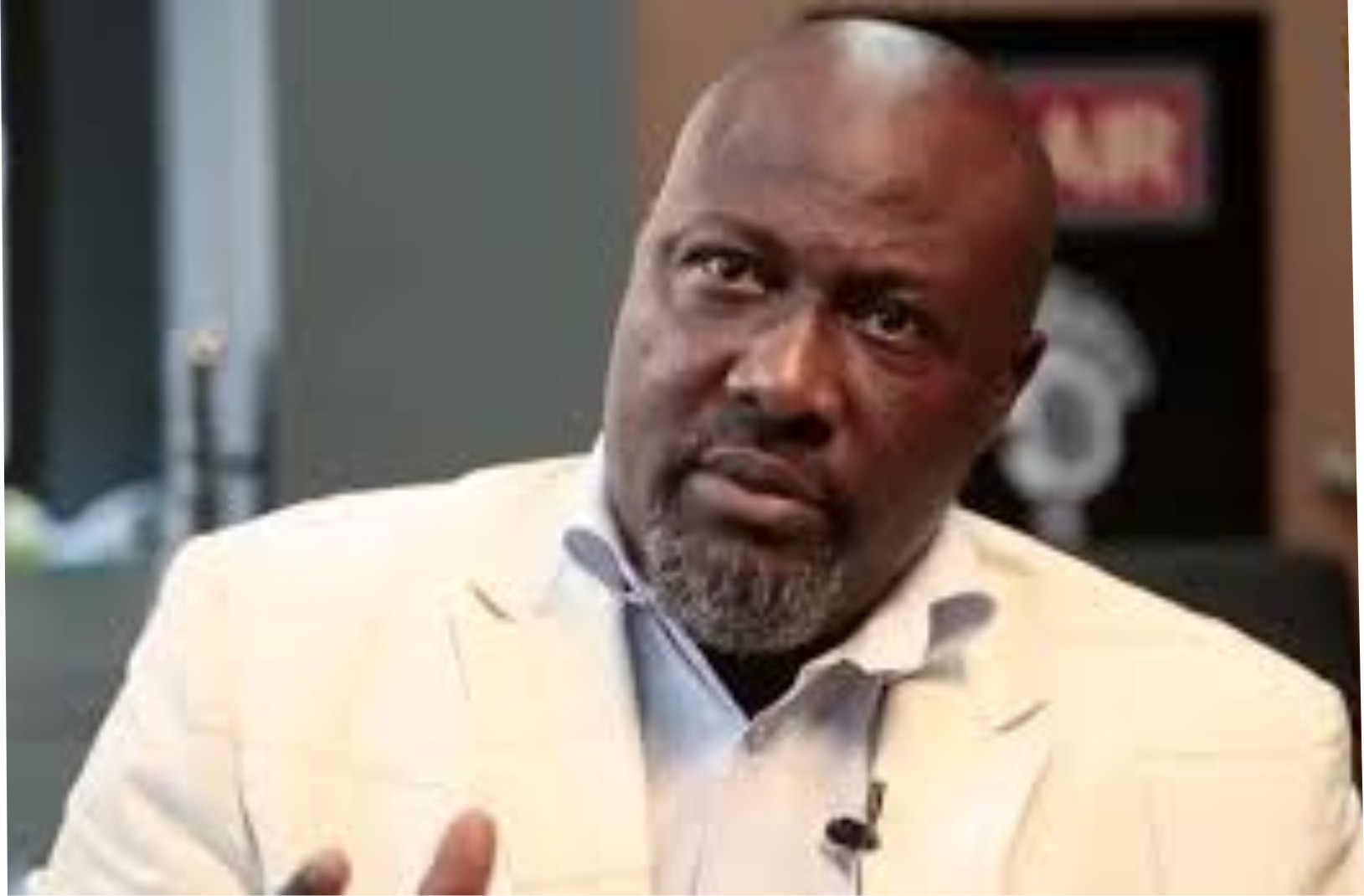
The judgment in an action filed by Sen. Dino to stop the politically sponsored recall of his person from the National Assembly was delivered on the 11th day of September 2017.
The judgment which came as a shock to many observers raises questions as to the credibility and neutrality of the Independent National Electoral Commission and indeed the judiciary, given the passion with which INEC is pursuing the recall process throwing caution to the wind and refusing to hide or shield, its vested interest in the matter.
This suspicion with regard to the neutrality of the judiciary in the matter is born out of the fact that a judge handling the matter had earlier adjourned the matter to the 29th day of September 2017 for hearing, in view of the court’s vacation. Shockingly and surprisingly, the matter was re-assigned to justice Dimgba, who also with unrestrained vigour, guided the entire proceedings to a conclusion within a very short period of time.
The Plaintiff’s suspicion with regard to the judiciary is further reinforced by the several and glaring misapplications of the law and self-contradictions in the said judgment. The bulk of the Plaintiff’s case revolves around the petition presented to INEC for the recall of the Plaintiff, Senator Dino Melaye. The Plaintiff’s case was that the petition itself, was incompetent, and ought to be declared, unconstitutional, null, void and of no effect whatsoever.
This position of the Plaintiff was in view of the fact, that the alleged petition for his recall, which INEC tendered in Court as Exh. INEC 1, was signed by only 3 persons as against more than half of the registered voters in the Plaintiff’s constituency, as provided for in section 69 of the 1999 Constitution.Further more, the Plaintiff, also issued INEC with a notice to produce the said petition.
During the adoption of the final written addresses, the Plaintiff, through his Lawyer, Chief Mike Ozekhome SAN, canvassed argument clearly bringing to the fore, that fact that the petition upon which INEC now seeks to act upon, is invalid. The Plaintiff’s Lawyer urged the court to evoke the provisions of section 167(d) of the Evidence act, having served INEC notice to produce the petition as, signed by more than half of the registered voters in the plaintiff’s constituency, to the effect, that the said petition, if produced, would have been against the interest of INEC.
It was therefore strange, that the trial court in its decision, held that the petition was valid, on the basis of a “general summary” and “statistical analysis” as done by INEC and tendered in evidence as exhibit INEC 2. Bearing in mind the fact, that the petition itself, was before the court. Why did the court rely on the analysis by INEC, when the physical petition, which clearly did not meet the constitutional requirements was before the court? The trial court also strangely failed to evaluate all the evidence, documentary or otherwise tender by the Plaintiff in support of his case as though, its mind was just made up to deliver the judgment against the Plaintiff.
ALSO SEE: This is how court orders INEC to recall Melaye
The Plaintiff has since filed an appeal against the said judgment. However, INEC’s conduct is becoming more disturbing. A federal agency, who ought not to show any form of interest or bias in favour of any party, is pursuing the recall of Dino, as though it has been paid to specifically accomplish the task. Given the fact that the judgment of the trial court has been appealed against, one wonders why INEC is in such a grave haste, to conduct the referendum, knowing that the Court of Appeal’s decision may be given one way or the other. In the likely event that the Court OF Appeal, sets aside the judgment of the trial court, INEC would have ended up spending hundreds of Millions of taxpayers money, on a venture in which it could have just exercised maximum restraint so as not to undermine the jurisdiction of the court.
The reverse seems to be the case. INEC had also, strangely filed an application ex parte, for the service on Senator Dino Melaye of the same petition, which INEC failed to produce in court even after due notice was given to it. This trend by INEC, is even more disturbing given the fact, that they ought to know, that a court upon delivering its final judgment, becomes fuctus officio, and consequently, cannot sit over the same case to issue orders except for stay of execution, writ of execution, garnished proceedings as statutorily provided. Assuming INEC feigns ignorance of this fact, could the trial court also feign ignorance of same. We are all are watching this unfolding drama.
The trial court by itself held that time paused, the very moment the Plaintiff, filed the action, consequent upon which it strangely extended a constitutionally provided time, even when INEC cited authorities to the contrary in their brief of argument. The Plaintiff, on the strength of this, has applied for the stay of the execution of the judgment of the trial court, pending the hearing and determination of the appeal. One wonders if the trial court will overrule itself this time by holding otherwise on the 28 of September when the matter comes for the hearing of all pending applications before the trial court.
We are all watching, as this drama, continues to unfold.
Prof. Ignatus Igwe, Constitutional Law teacher, London
You may like


INEC: 3.5 Million Nigerians Register Online, Low Turnout in South-East Worries Stakeholders
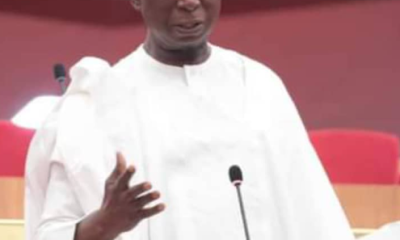

Senate committee collaborates with IGP to tackle crude oil theft
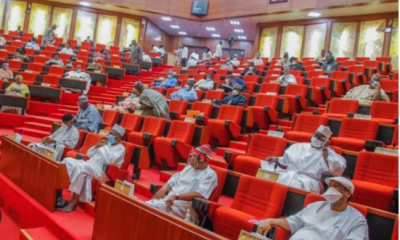

Senate mandates 30% local processing for raw material exports
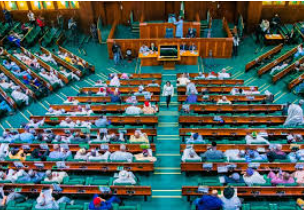

Reps propose CBT centers in all LGAs after JAMB admits UTME glitches
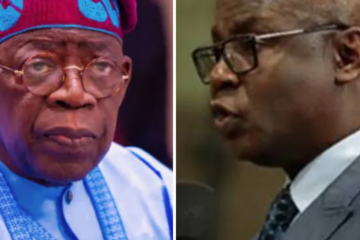

Senate SLAMS Bakare: Denounces criticism as “Biased Political Homily”


INEC says it’s yet to make final decision on Warri Federal Constituency delineation
Trending

 Business1 week ago
Business1 week agoNaira mixed across markets as official window dips, parallel market strengthens

 Football1 week ago
Football1 week agoUCL Playoff: Gordon scores four as Newcastle thrash Qarabağ 6-1

 Entertainment6 days ago
Entertainment6 days agoSinger Simi faces backlash after TikToker admits to false rape allegation

 Entertainment3 days ago
Entertainment3 days agoSimi addresses resurfaced 2012 tweets amid online backlash

 Business1 week ago
Business1 week agoThree Crowns Milk launches nationwide Ramadan campaign to promote heart-healthy nourishment

 Latest1 week ago
Latest1 week agoTinubu defends electoral reform, downplays mandatory real-time upload

 Comments and Issues6 days ago
Comments and Issues6 days agoNigeria’s Declining Oil Output and Soaring Foreign Portfolio Investment Inflow

 Business6 days ago
Business6 days agoPENGASSAN warns Tinubu’s executive order on oil revenues could jeopardise 4,000 jobs

